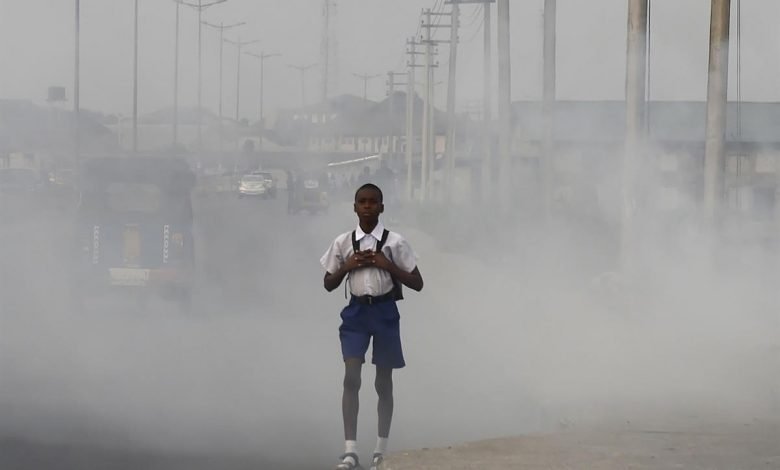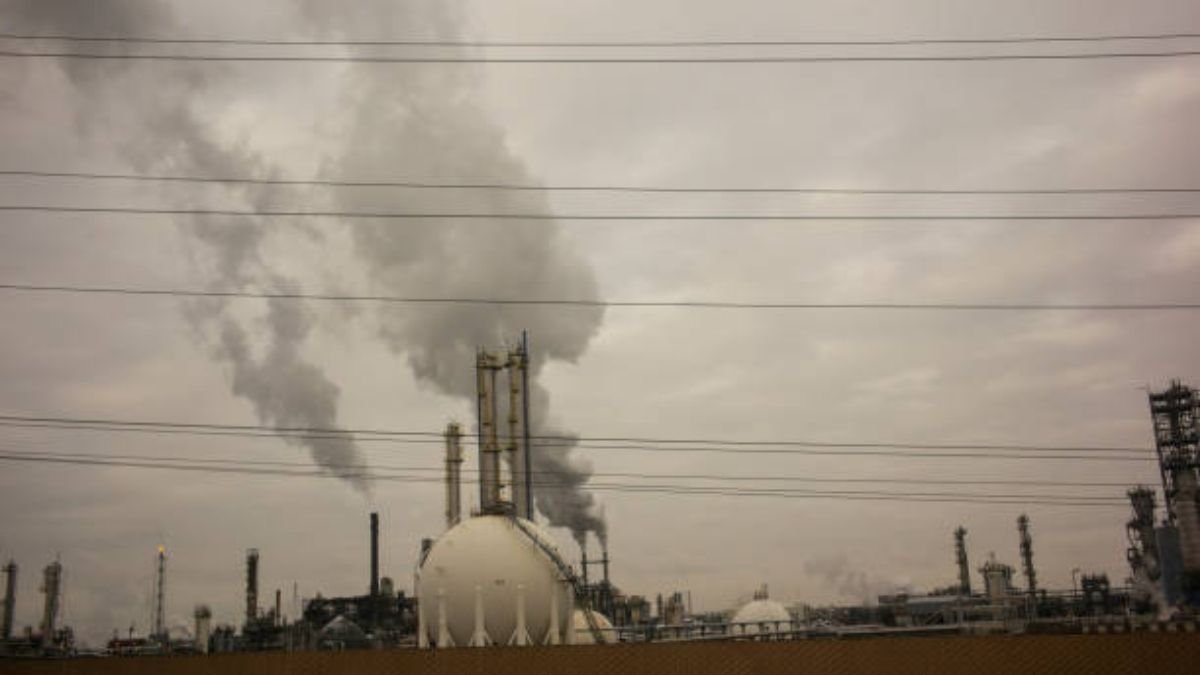Premature deaths rise as air quality drops in tropical cities

Study reveals huge annual rise in pollutants has proven to be a major health hazard in tropical cities
Fast degradation in air quality and rise in urban exposure to air pollutants have been pointed out as extremely hazardous to health, by an international team of scientists who addressed data gaps in air quality for 46 future megacities in Africa, Asia and the Middle East.
The study, which has been published in ‘Science Advances’ was undertaken using space-based observations from instruments on board NASA and European Space Agency (ESA) satellites for 2005 to 2018.
It was found that the huge annual rise in pollutants across all the cities covered has been a major health hazard. The study found that there has been a rise of up to 14 percent for nitrogen dioxide and up to 8 percent for fine particles (PM2.5). Besides, increase in precursors of PM2.5 of up to 12 percent for ammonia and up to 11 percent for reactive volatile organic compounds have been recorded.
So who is at fault? Obviously, the speeding up of air quality degradation has been due to emerging industries, and also road traffic, burning of waste, and increase in use of charcoal and fuelwood.
Huge rise in urban population’s exposure to air pollution
It has also been found that population growth and rapid deterioration in air quality have resulted in up to a four-fold increase in the urban population’s exposure to air pollution. This was revealed during the period of study in 40 of the 46 cities for NO2 and 33 of the 46 cities for PM2.5.
The open burning of biomass for land clearance and agricultural waste disposal could be seen as having contributed to much air pollution in the tropics. Dr Karn Vohra, from the Department of Geography at UCL, and the lead author of the study, has been quoted by a report as saying that the analysis would mean that a new era of air pollution is dawning in these cities, “with some experiencing rates of degradation in a year that other cities experience in a decade.” Dr Vohra had completed the study as a Ph.D. student at the University of Birmingham.

Tropical cities studied include 11 in India
Significantly, cities in South Asia have been witnessing a rise in the number of people dying prematurely from exposure to air pollution. Cities that are witnessing such tragedies include Dhaka, Bangladesh (24,000 people), and the Indian cities of Mumbai, Bangalore, Kolkata, Hyderabad, Chennai, Surat, Pune and Ahmedabad (100,000 people). The study states that though the number of deaths in tropical cities in Africa are currently lower, the worst effects of air pollution on health could happen in the coming decades. The lower number of deaths in Africa’s cities may be attributed to the recent improvements in healthcare, which have brought down overall premature mortality.
The Indian cities that were part of the study are Ahmedabad, Bangalore, Chennai, Chittagong, Dhaka, Hyderabad, Karachi, Kolkata, Mumbai, Pune, and Surat.







